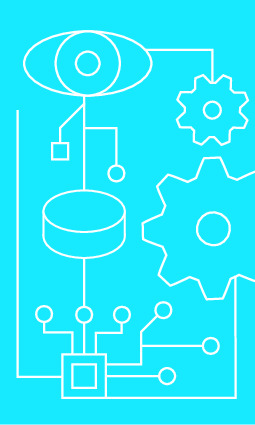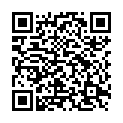|
|
|
| Module code: MST.MNA |
|
2SU (2 hours per week) |
|
3 |
| Semester: according to optional course list |
| Mandatory course: no |
Language of instruction:
German |
Assessment:
Oral examination
[updated 01.10.2020]
|
MTM.MNA Mechatronics, Master, ASPO 01.04.2020
, optional course, technical
MST.MNA Mechatronics and Sensor Technology, Master, ASPO 01.04.2016
, optional course, technical
MST.MNA Mechatronics and Sensor Technology, Master, ASPO 01.10.2011
, optional course, technical
|
30 class hours (= 22.5 clock hours) over a 15-week period.
The total student study time is 90 hours (equivalent to 3 ECTS credits).
There are therefore 67.5 hours available for class preparation and follow-up work and exam preparation.
|
Recommended prerequisites (modules):
None.
|
Recommended as prerequisite for:
|
Module coordinator:
Prof. Dr.-Ing. John Heppe |
Lecturer: Prof. Dr.-Ing. John Heppe
[updated 27.10.2015]
|
Learning outcomes:
In this course, students will gain insight into micro- and nanotechnologies. Sensors manufactured with such technologies will be presented and discussed. Students will become familiar with the mode of operation of those sensors. In doing so, students will use their knowledge from the fields of technical mechanics and electronics.
As a result, students will be able to use such products and understand their mode of operation. A visit to a relevant manufacturing company will round off the course.
[updated 01.10.2020]
|
Module content:
1. Introduction and first application example
- What makes "micro" different?
2. Micromechanical silicon pressure sensors
- Operating principle and designs
3. Complex microsystems: Acceleration and rotation rate sensors
- Operating principle and designs
- Measurement technology
4. Technologies for the production of microstructures
- Silicon wafer, thermal oxidation
- Coating technologies, PVD and CVD
- Structuring and etching processes
- Vacuum technology
5. Nanotechnology based on an example
- Nanoscale metal matrix layers (granular metals) in sensor technology, examples from our own research
- Laser micromachining with ultra-short laser pulses
[updated 01.10.2020]
|
Teaching methods/Media:
Seminaristic style
Lecture with use of blackboard
Presentations
Exercises
[updated 01.10.2020]
|
Recommended or required reading:
- F. Völklein, T. Zetterer; Praxiswissen Mikrosystemtechnik, Vieweg Verlag
- T.M. Adams, R.A. Layton, Introductory MEMS, Springer Verlag
- Bosch, Sensoren im Kraftfahrzeug, Springer Verlag
- M. Glück, MEMS in der Mikrosystemtechnik, Teubner Verlag
- U. Hilleringmann, Mikrosystemtechnik, Teubner Verlag
- U. Hilleringmann, Silizium Halbleitertechnologie, Teubner Verlag
- U. Mescheder, Mikrosytemtechnik, Teubner Verlag
- M. Madou, Fundamentals of Microfabrication, CRC Press
[updated 01.10.2020]
|


